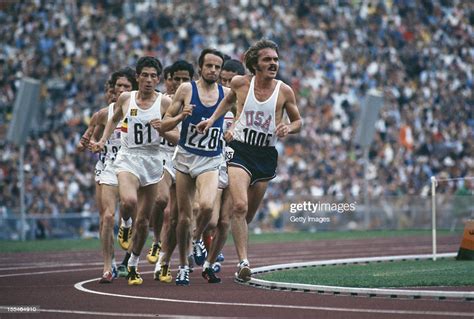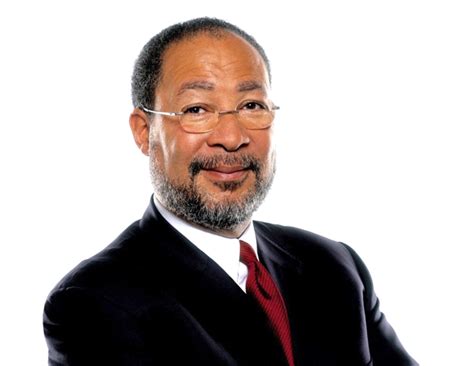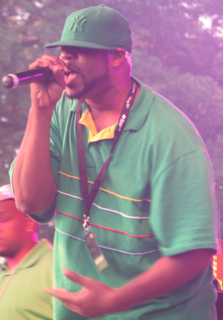A Quote by Edgar Bronfman, Jr.
The history of the music industry is inevitably also the story of the development of technology. From the player piano to the vinyl disc, from reel-to-reel tape to the cassette, from the CD to the digital download, these formats and devices changed not only the way music was consumed, but the very way artists created it.
Related Quotes
The history of the music industry is inevitably also the story of the development of
technology. From the player piano to the vinyl disc, from reel-to-reel tape to the cassette, from the CD to the digital download, these formats and devices changed not only the way music was consumed, but the very way artists created it.
My first synthesizer was the VCS3. I got it in Bristol in the late Sixties, long before Pink Floyd used them. I had to sell an acoustic guitar and an old reel-to-reel tape recorder to raise the money. You can do fantastic things with modern computers, but you cannot use them in the same intuitive, spontaneous way you can a VCS3.
A lot of people that buy vinyl today don’t realise that they’re listening to CD masters on vinyl and that’s because the record companies have figured out that people want vinyl, And they're only making CD masters in digital, so all the new products that come out on vinyl are actually CDs on vinyl, which is really nothing but a fashion statement.
Being the recent accessibility of rare vinyl and cassette music via blogs, as well as the digital backlash which is driving more people to crave the tangible - most of these minimal wave releases are hand-numbered vinyl editions, which adds another level to the listening experience. They can listen to an LP and it's there for them to look at, examine its cover art, and hold whilst buying and downloading music in digital form remains such an ephemeral experience.
When I was a kid, we weren't really supposed to listen to secular music. But one day, I found a 'Led Zeppelin IV' cassette tape in the garage, and it was just amazing-sounding music, not like anything I'd heard before. I remember thinking: 'Well, if God created music, why is his music in church not as good as this?'
Indie music is 'it' now. It's kind of a revolution to the music: 1980s, 1990s music was getting very sanitized; they were complying with the music industry. Music was getting more and more dead in a way. Now, because of the social climate that's very severe, the artists are compelled to start being real. It's really great that indie music is now.


































